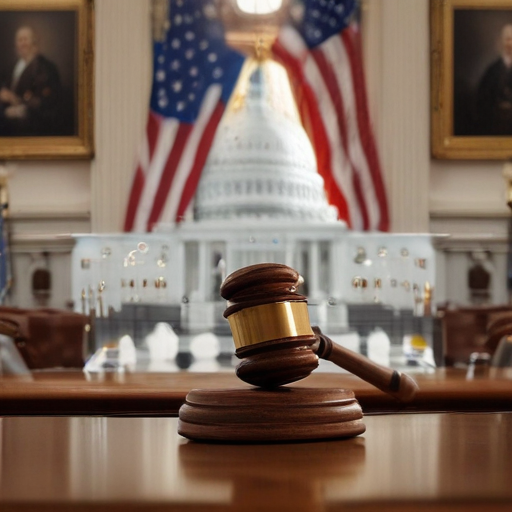Kash Patel, nominated by former President Trump to serve as the FBI director, is set to undergo a confirmation hearing before the Senate Judiciary Committee. Patel, a contentious figure with a background as a public defender and federal prosecutor, has gained prominence within Trump’s circle, particularly during his first administration. His appointment comes at a time when the FBI is under scrutiny from conservatives who argue it has been politicized.
As the director of the FBI, Patel will oversee a massive agency with more than 35,000 employees responsible for investigating federal crimes, including terrorism and corruption. His nomination has drawn mixed reactions, especially given his previous criticisms of the FBI and calls to investigate the so-called “deep state.” Patel has expressed intentions to pursue a more aggressive approach towards what he views as bias within the FBI and Justice Department, which could heighten tensions during his forthcoming hearing.
Senate Democrats are expected to express concerns regarding Patel’s qualifications and his ability to maintain the FBI’s independence from political interference. Critics have pointed to Patel’s past statements about targeting perceived enemies within government agencies as a cause for alarm. For instance, Sen. Richard Blumenthal has labeled Patel as “unqualified and unprepared,” citing his controversial remarks as detrimental to the impartiality required for the role.
In contrast, Republican senators have largely expressed support for Patel’s nomination, potentially allowing him to secure confirmation with their backing alone. They view Patel as a candidate who can restore a sense of direction to the FBI, which they claim has strayed under previous leadership.
As Patel steps forward into this contentious arena, the outcomes of his confirmation hearing could have lasting implications for the FBI’s operations and its relationship with the current administration. The hearing will serve as a critical juncture, determining whether Patel can bridge the divide between his supporters and detractors while navigating the significant responsibilities that come with leading the nation’s top law enforcement agency.
Despite the challenges ahead, there is hope that a new direction at the FBI could restore faith in its operations and help heal divisions within the political landscape. The confirmation process will undoubtedly be scrutinized, highlighting the ongoing dialogue about accountability and transparency in federal agencies.
